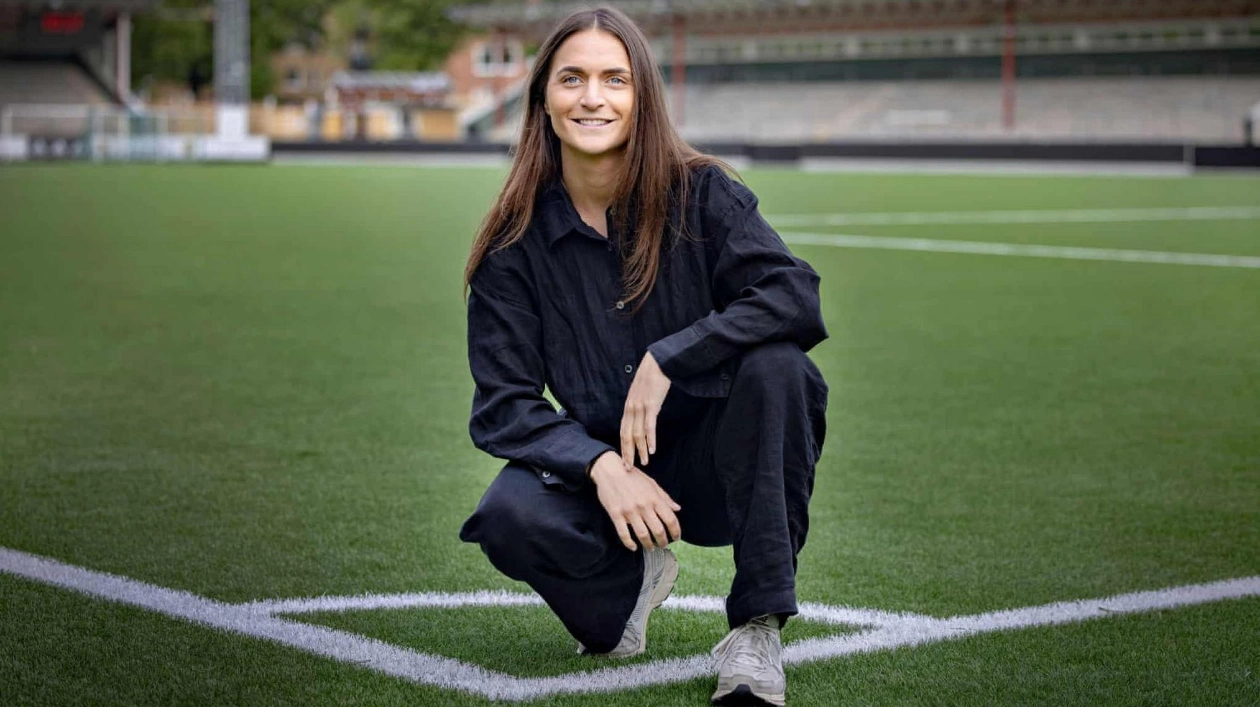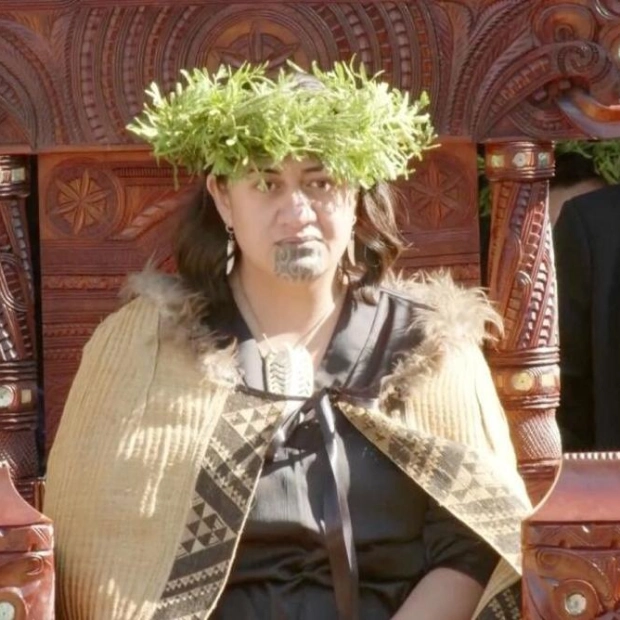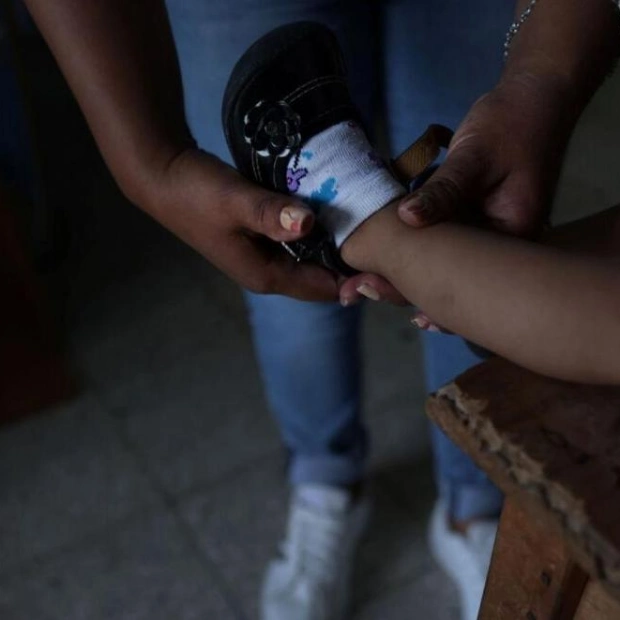Elena Sadiku’s modesty momentarily falters. “I was pretty good,” she admits. “I’m not going to lie.” This candidness is perfectly contextual, neither boastful nor unnecessary. Sadiku’s remarkable and deeply intricate connection with football is set to reach another pinnacle on Tuesday, as her Celtic team welcomes Twente in the Women’s Champions League. Sadiku, who won’t turn 31 until November, will surpass Julian Nagelsmann’s record as the youngest coach in the men’s or women’s edition of European football’s premier club competition.
Sadiku has every reason to savor this moment. Her journey began as a player, a career abruptly halted in 2018 after 13 surgeries. At just 23, she faced the harrowing possibility of losing her left leg due to a severe infection following a knee operation. “I poured my entire life into becoming a professional player, and I wanted it so badly,” the Celtic coach reflects. “When that dream was taken away, it made me question everything. I always thought I would quit, that I would have control.”
At that pivotal moment when she knew she had to stop playing, Sadiku didn’t want to work in football, feeling everything was unjust. But soon after, she realized she couldn’t live without the sport. “Football is my greatest passion. It has shaped me into the person I am today.” She didn’t fulfill her full potential as a player, but now she’s determined to help her players achieve their dreams and potential. “I’ve adopted the mindset of striving to be the best coach I can be, to make my players the best they can be. I chose to think, ‘OK, it happened for a reason. I have something better ahead, and I’ll start anew.’ And that’s what I did.”
The clarity and conviction in the former Swedish youth international’s voice make it clear why Celtic was drawn to her. Her low points, which included a period of depression, have shaped her, yet Sadiku remains admirably unbitter. Her passion for her current role is evident. “I did my first ACL when I was 19,” she recalls. “I came back, scored a hat-trick, and life was amazing. Three months later, I did it again on the same knee. I was out for 18 months due to extensive surgery, not just ACL, but a leg reconstruction. It was a six-hour surgery, and I was in a wheelchair for two months.”
Her mentality has always been to keep working, fighting, and never giving up. After the third time, the infection period made her question everything. “I was scared of losing my life. When the doctors talked about amputating my leg, I remember waking up from surgery and panicking: ‘Is my leg still here?’ The infection subsided, and I left the hospital, but I was questioning a lot. I had an identity crisis; I didn’t know what I wanted to do. When something you love so much is taken away… it’s not something I ever thought would happen.”
The loss of playing has been the gain of coaching. Sadiku earned her coaching credentials while working in China, Denmark, and Sweden. She managed Everton’s under-21 side before moving to Celtic. Celtic secured a Champions League group-stage spot—the first Scottish team to do so—after a qualifying win over Vorskla Poltava. Sadiku has no intention of merely admiring the surroundings, with Chelsea and Real Madrid looming beyond Twente. “I don’t let things sink in because I’m focused on every game ahead,” she says. “I’m not enjoying it or thinking, ‘Wow, what have I achieved?’ But it makes me proud because I’ve had a tough time, and all the work has brought me here.”
She’s determined to ensure her players are the best prepared, with a simple game plan to follow. “We’re going to approach it with the mentality of trying to win. We’re still Celtic.” Sadiku’s partnership with Celtic has already produced standout moments since she replaced Fran Alonso in January. A 90th-minute goal by Amy Gallacher secured the Scottish Women’s Premier League title, edging out Rangers on goal difference. This marked Celtic’s first title. Sadiku’s team was down 2-0 to Rangers after 64 minutes but rallied to secure a draw. The competitive intensity of Glaswegian football resonates with her.
“For me, that’s what everything has been about since I was young. I always want to win,” she explains. “I always want to be the best. That pressure means you need to strive to be your best every day. I want to be the best coach I can be and as successful as possible. To achieve that, I can never be comfortable. I want the players to be excited, hungry, and we need to learn from this experience. We know this experience will make us better in the long term.”






